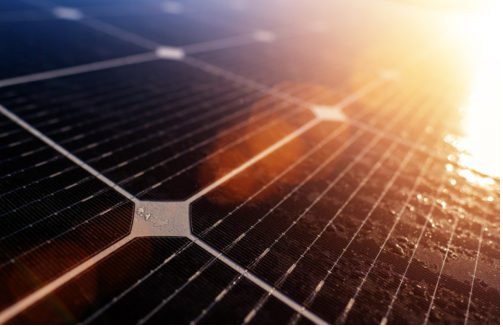How a forced-labor prevention act may affect U.S. solar panel imports
By SPW | February 1, 2021
By Paul Wormser, VP of Technology, Clean Energy Associates
Solar energy is the fastest-growing source of electricity in the country. From 2014 to 2019 generation nearly tripled, and, thanks to falling costs and the new Biden administration’s green agenda, investments are expected to surge in the year ahead. However, a new law is making its way through Congress that threatens to introduce a serious setback to the U.S. companies riding this hot streak — unless they begin preparing now.
The vast majority of the world’s highly purified polysilicon — a key component in most solar panels — is produced in China. Nearly half of the world’s supply comes from Xinjiang, a region that’s come under intense scrutiny from the West for alleged human rights abuses, including forced labor.
In the United States, laws on the books since the 1930s have banned the importation of products made with forced labor. But in the weeks and months ahead — perhaps as soon as this month — congressional lawmakers are expected to take this farther.
Under the Uyghur Forced Labor Prevention Act, any material containing even a single component from Xinjiang, or suspected of having used any labor in Xinjiang, can be barred entry to the United States. The measure passed the House in September with overwhelming bipartisan support. Similar backing is expected in the Senate and from President Biden.
If you are in the business of importing solar modules, you likely need to start preparing now. That means avoiding using any goods from Xinjiang in all the products you’re importing to the United States.
This wasn’t always the case: Until recently, companies could take steps to prove, to the satisfaction of U.S. Customs, that their Xinjiang supply chains did not use forced labor. Beginning last year, though, auditing firms stopped examining Xinjiang companies’ supply chains, under increasing pressure from human rights activists who alleged that government interference had made such inspections virtually worthless. As a result, if any point of your supply chain runs through Xinjiang, it is now virtually impossible to certify that it is free of forced labor.

